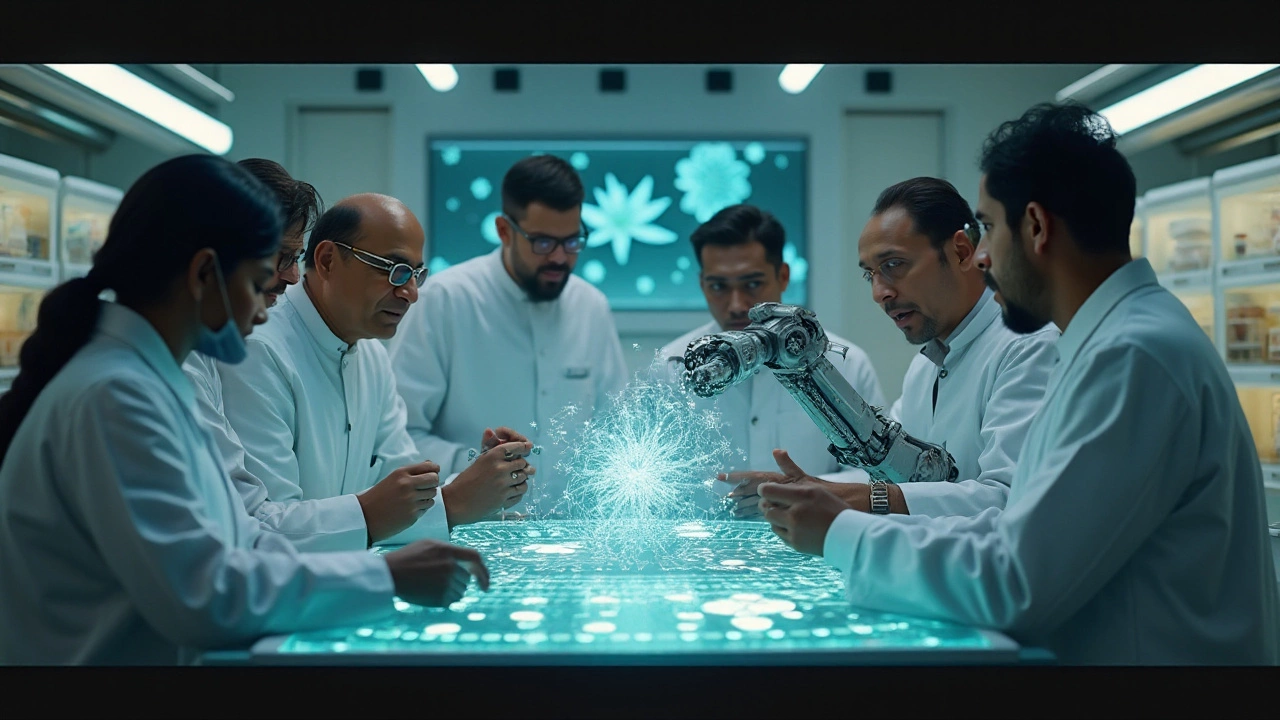Human Life Extension: What’s Really Possible Today
When we talk about human life extension, the scientific effort to increase the human lifespan while maintaining health and function. Also known as longevity science, it’s no longer just about living longer—it’s about staying healthier for more years. This isn’t about magic pills or unproven supplements. It’s about real biology, data-driven interventions, and technologies already being tested in labs across India and the world.
At its core, human life extension depends on understanding aging, the biological process of gradual decline in cellular function over time. Scientists now know aging isn’t one thing—it’s dozens of processes working together: DNA damage, inflammation, stem cell exhaustion, and protein misfolding. Breakthroughs in biotechnology, the use of living systems to develop products that improve health and function are targeting these directly. CRISPR gene editing, senolytic drugs that clear out old cells, and mRNA therapies are no longer theoretical. They’re in early human trials. And India’s research institutions are starting to join this global effort—with labs in Bengaluru, Hyderabad, and Pune exploring how diet, epigenetics, and AI-driven diagnostics can slow aging.
What’s missing from most headlines is the difference between lifespan and healthspan, the number of years you live in good health, free from chronic disease. Extending life without healthspan is just adding years of illness. That’s why the most promising work today focuses on preventing age-related diseases before they start—like diabetes, heart failure, and Alzheimer’s. Public health programs that promote exercise, sleep, and nutrition aren’t just good advice—they’re the most proven tools we have right now. Meanwhile, researchers are testing whether drugs like metformin or rapamycin can mimic the benefits of calorie restriction without the diet.
You won’t find a single silver bullet in this field. But you will find real progress—quiet, steady, and rooted in science. The posts below show how Indian scientists are tackling this challenge: from biotech startups developing anti-aging compounds, to public health teams using data to predict who’s at risk for early decline, to engineers building tools that monitor biological age through simple blood tests. This isn’t about immortality. It’s about giving people more years of real, active, healthy life—and that’s something worth paying attention to.





